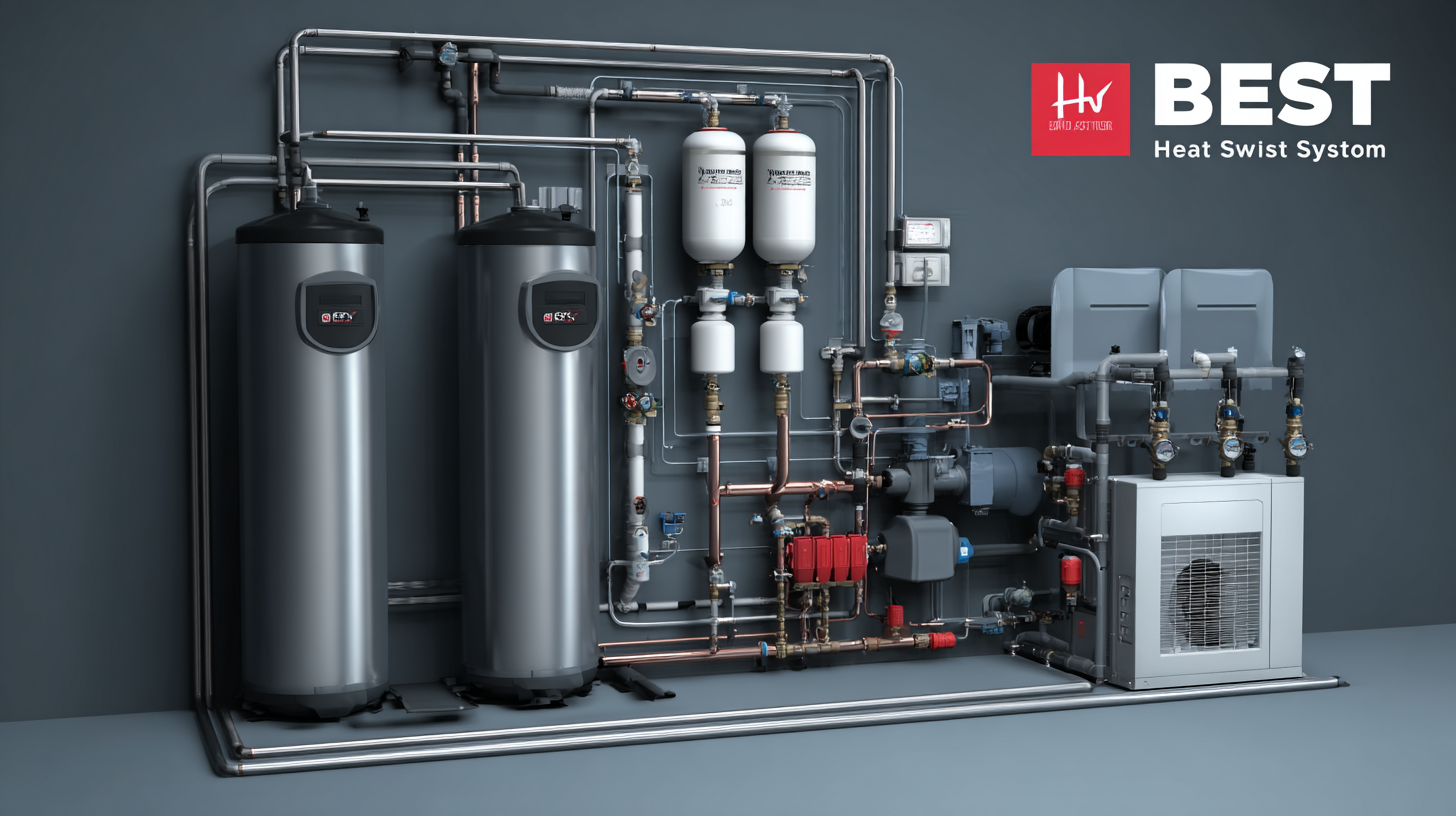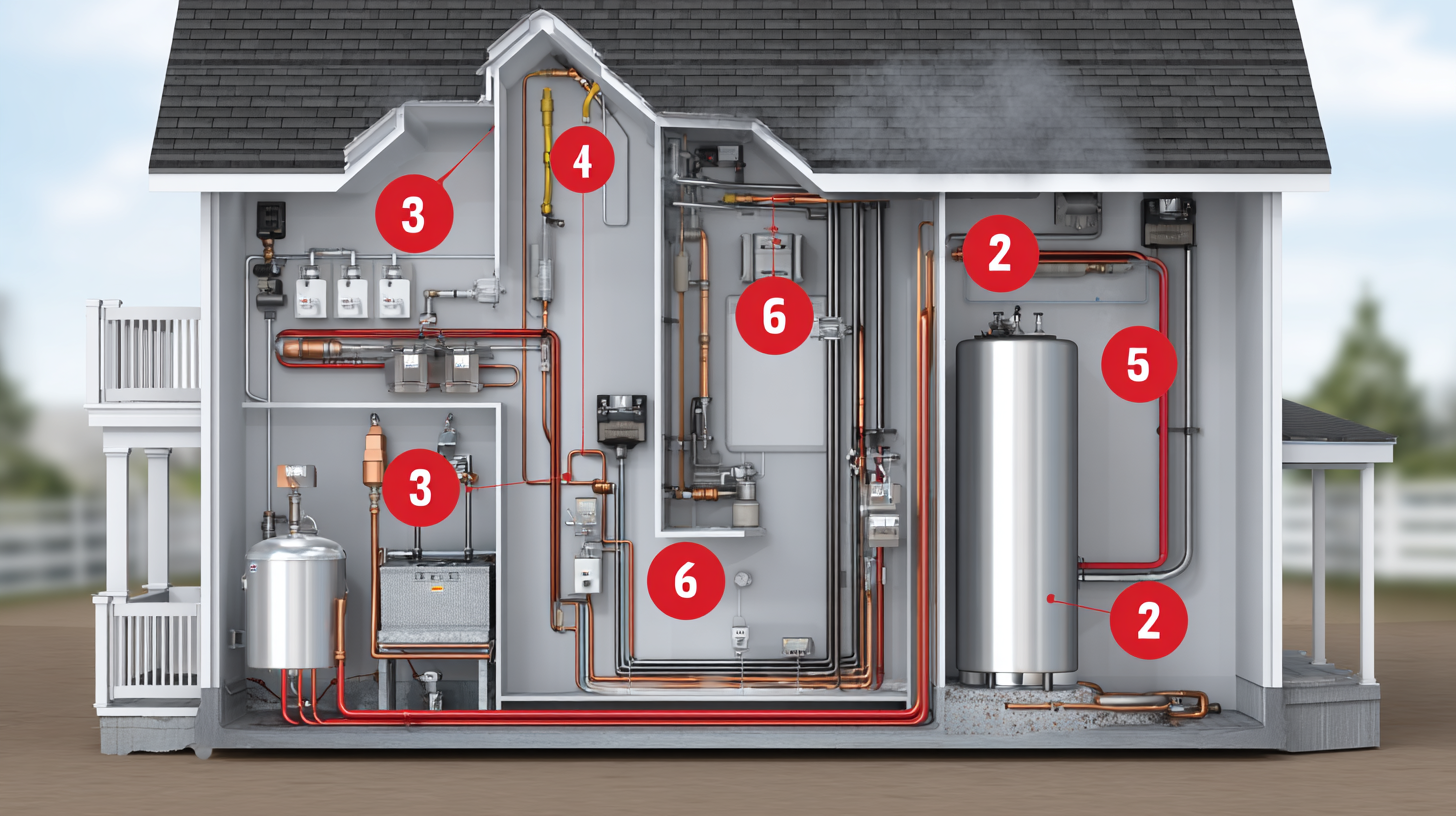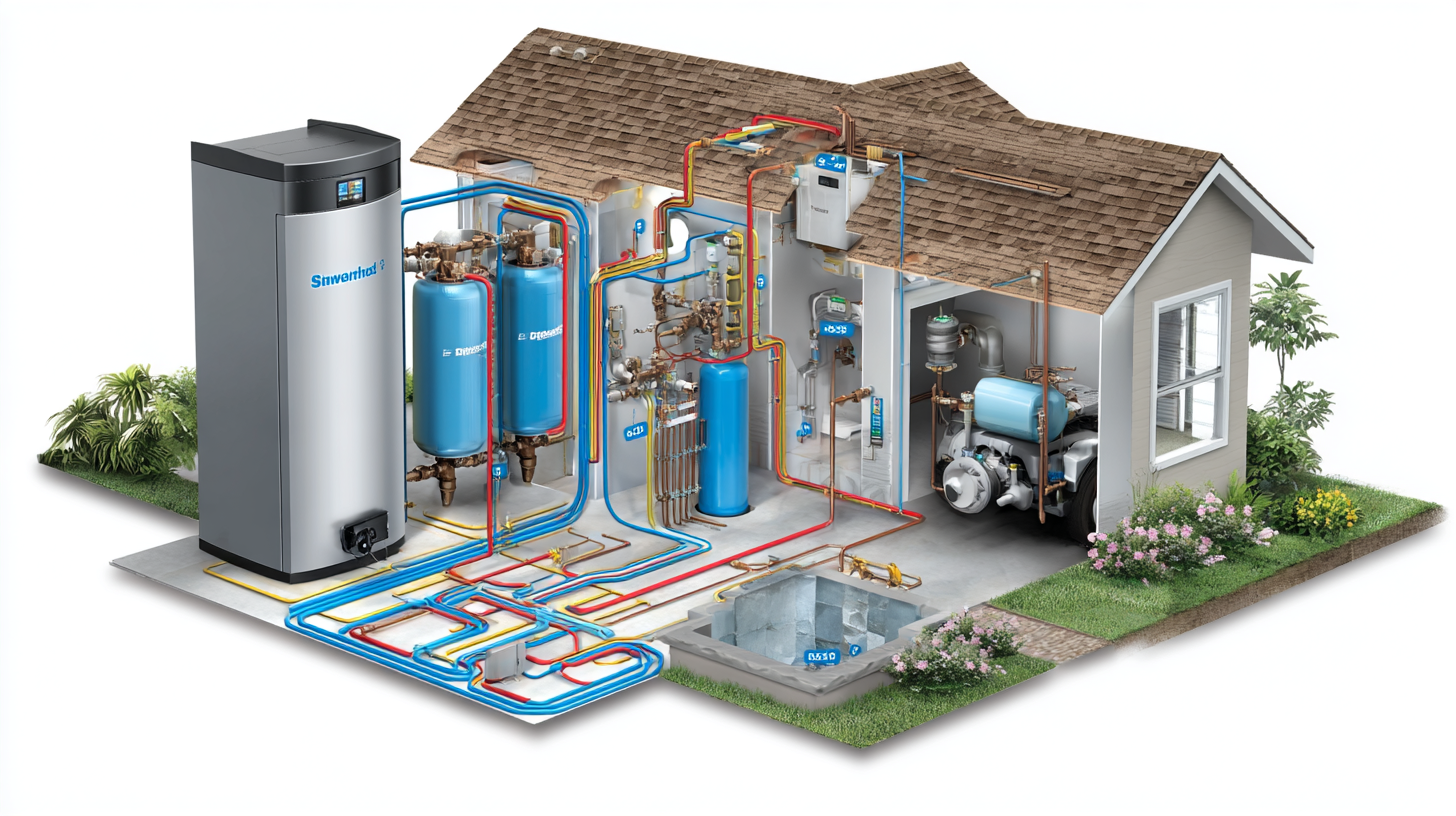Language
- English
- Afrikaans
- O'zbek
- Lëtzebuergesch
- Español
- Português
- русский
- Français
- Deutsch
- tiếng Việt
- Italiano
- Nederlands
- ภาษาไทย
- Polski
- 한국어
- Svenska
- magyar
- Malay
- Dansk
- Suomi
- हिन्दी
- Pilipino
- Türkçe
- Gaeilge
- العربية
- Indonesia
- Norsk
- تمل
- český
- ελληνικά
- український
- Javanese
- فارسی
- தமிழ்
- తెలుగు
- नेपाली
- Burmese
- български
- Latine
- Қазақша
- Euskal
- Azərbaycan
- Slovenský jazyk
- Македонски
- Lietuvos
- Eesti Keel
- Română
- Slovenski
- मराठी
- Srpski језик





 Heat pump hot water systems are increasingly gaining popularity due to their versatility in various applications. One of the most prominent benefits is their ability to efficiently supply hot water for residential needs, including domestic hot water for showers, washing dishes, and laundry. Unlike traditional water heaters, heat pumps utilize ambient air or ground heat to warm water, resulting in
Heat pump hot water systems are increasingly gaining popularity due to their versatility in various applications. One of the most prominent benefits is their ability to efficiently supply hot water for residential needs, including domestic hot water for showers, washing dishes, and laundry. Unlike traditional water heaters, heat pumps utilize ambient air or ground heat to warm water, resulting in